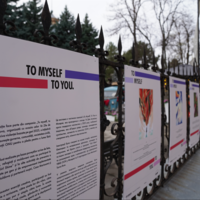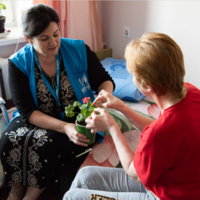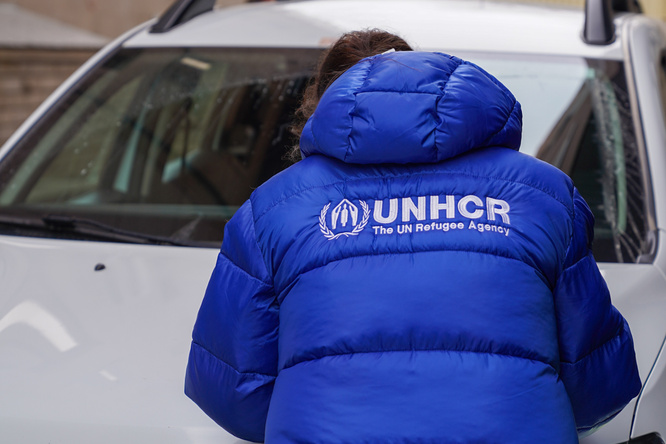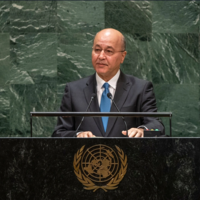Climate crisis fuels flooding and deepens displacement
Explainer
Climate crisis fuels flooding and deepens displacement
UNHCR helps to save lives and build better futures for the millions of people forced to flee their homes.
UNHCR, the UN Refugee Agency works to ensure that everybody has the right to seek asylum and find safe refuge, having fled violence, persecution or war at home.
Since 1950, we have faced multiple crises on multiple continents, and provided vital protection and assistance to refugees, asylum-seekers, internally displaced and stateless people, many of whom have nobody left to turn to.
We help to save lives and build better futures for millions forced from home.
Key facts and figures
Latest from X
Reports from El Fasher in Sudan are terrible: deadly attacks on civilians, horrifying accounts of ethnic targeting, people too fearful of checkpoints to even flee!
— Filippo Grandi (@FilippoGrandi) May 23, 2024
Deliberate violence on civilians must stop. Their right to seek safety must be respected. Ceasefire is needed now!
Need help?
Find information and services for refugees, asylum-seekers and stateless persons
Latest from UNHCR


Our primary purpose at UNHCR is to safeguard the rights and well-being of people who have been forced to flee and those denied a nationality.
Subscribe to our newsletter and become part of a global community that cares about the protection and well-being of refugees.
Browse the MADE51 shop for beautiful hand-made pieces produced by refugees.


